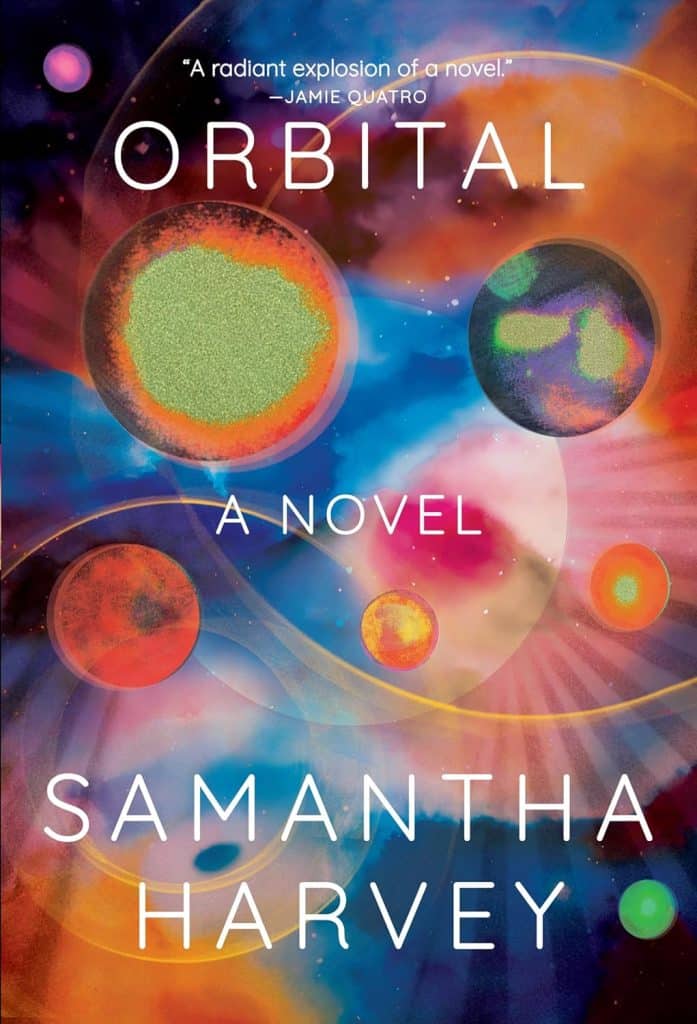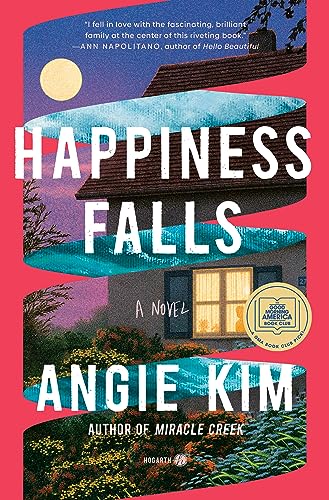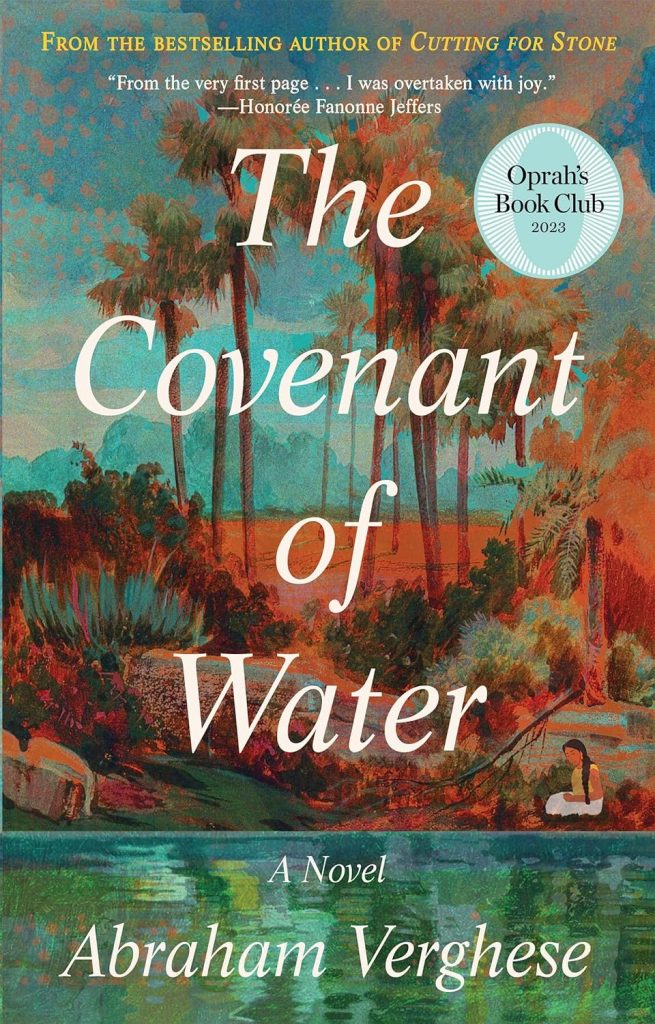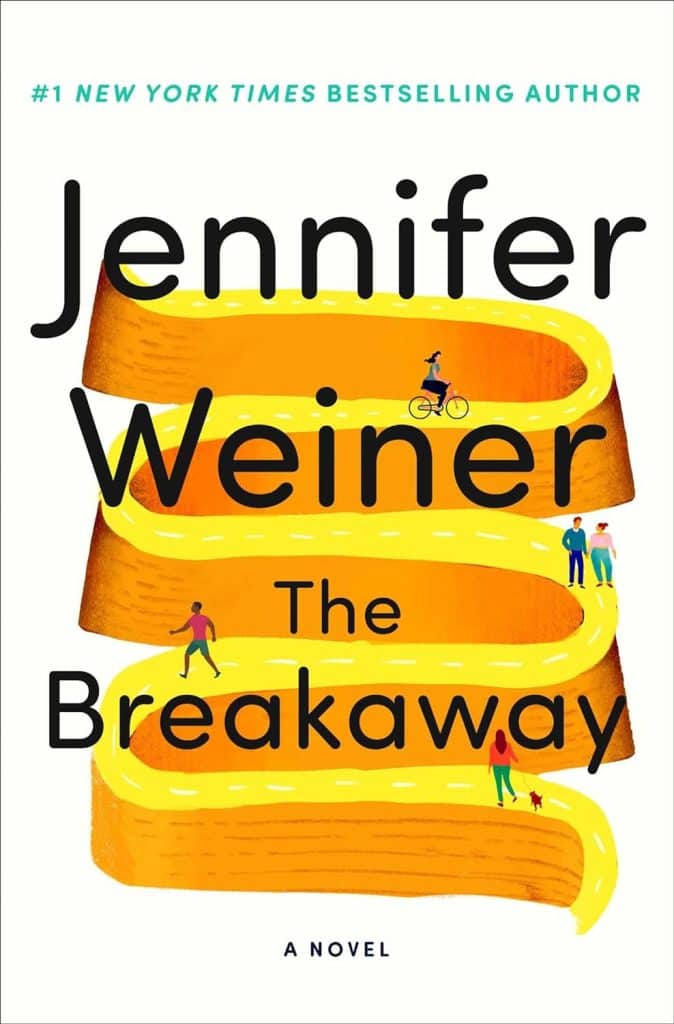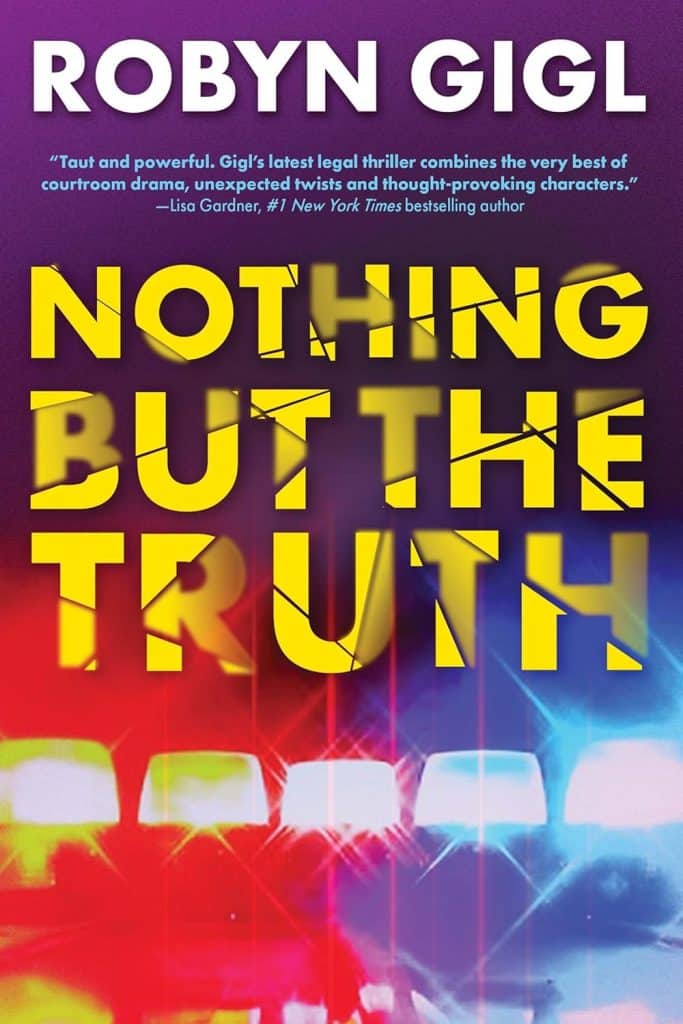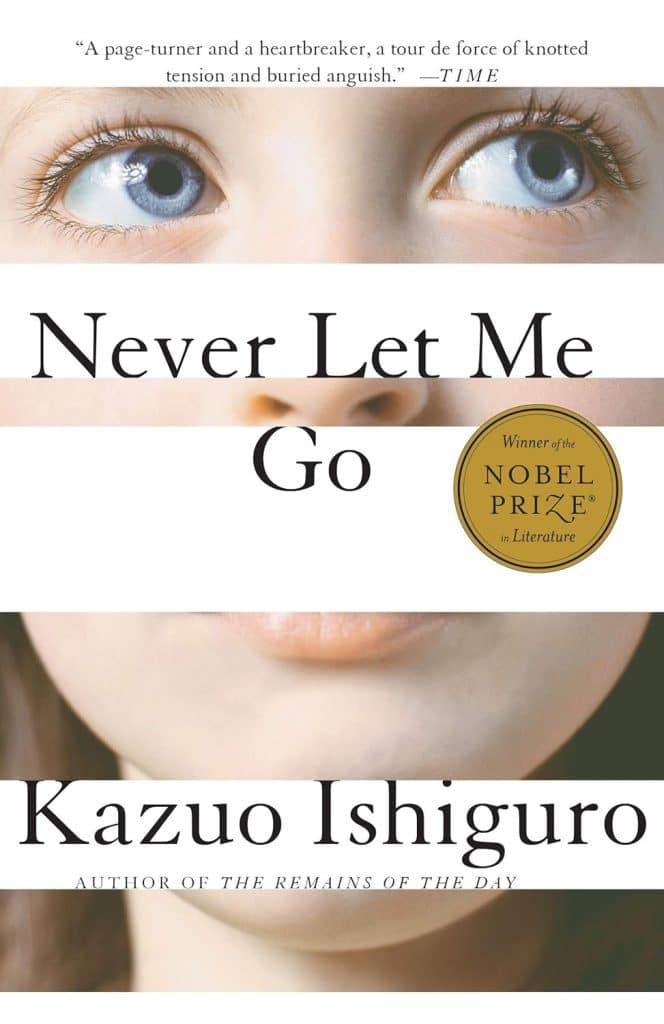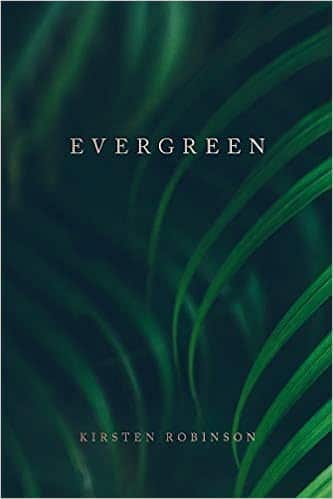
Evergreen by Kirsten Robinson
Estimated reading time: 1 minute, 42 secondsEvergreen by Kirsten Robinson is a tribute to the enduring resilience of human nature as we cycle through times of light and darkness, much like nature itself. In her debut book, Kirsten Robinson (@NakedWriting) lays her heart bare in a raw, relatable, and inspirational way to describe the journey of growth born out of finding beauty in breakage and love after loss.
Albeit a cliche, the book jumped off the shelf and into my hands when I saw it in Hickory & Hill General Store in Cranford.
This artfully honest collection embodies and expands upon the poetry and prose Robinson began writing under the famous social media pseudonym Naked Writing.
I highly recommend this book and intend to keep it at my bedside for a pick-me-up.
Although I have only started reading the poems, I want to share two that resonated with me.
The first one is on giving thanks.
Give thanks for all
that is good and beautiful;
the gifts you carry
people who lift you up
your big, big love
faith and trust that your life
is unfolding as it shouldGive thanks for all
that has been difficult and hard;
trials tribulations tears
tests of self strength fears
all of the unknowns and days
that broke youWithout the darkness
you would not have
learned to appreciate the light
A second one on bravery.
Bravery
is not about standing tall
after you’ve climbed up
the top of a mountainBravery
is looking
fear
heartache
rejection
terror
loss
death
in the eye
and saying, “no,
not today”Bravery
is standing back up
after you’ve been brought down
to your knees
The Jan Lilien Education Fund sponsors ongoing sustainability and environmental awareness programs. Gifts made this month; I will match dollar-for-dollar. All donations are tax-deductible.
I receive a commission when you buy a book or product using a link on this page. Thank you for supporting Sharing Jan’s Love.


